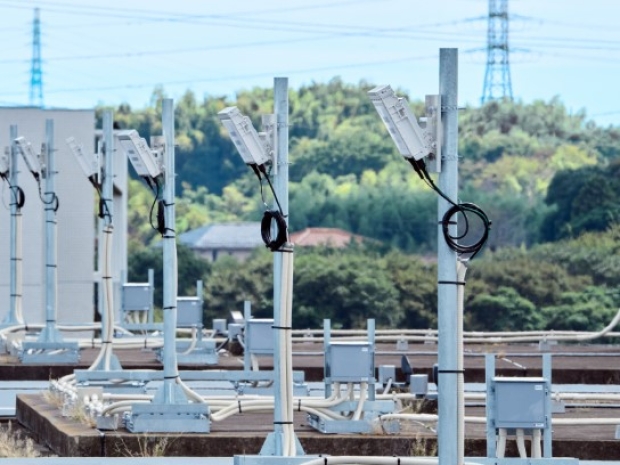Viettel in Vietnam now operates commercial 5G sites using Qualcomm's RAN products and will operate 300 such sites across Vietnam, with "the potential for thousands more."
It is a lucky break for Qualcomm because Viettel serves around 66 million mobile customers which is more than half of Vietnam's mobile market share.
Viettel High Tech, Viettel's hardware division, built the new open RAN sites using Qualcomm's X100 5G RAN chipset platform for virtualised distributed units (vDUs) and Qualcomm's QRU100 5G RAN chipset platform for Massive MIMO radio units (RUs). It also uses Qualcomm's Edgewise software for RAN management which the chipmaker bought in 2022 with its acquisition of Cellwize.
Qualcomm described the launch as a "big accomplishment" however it is fair to say that its RAN business does not meet its initial ambitions. When it first started in 2020, the company was hugely optimistic with support from operators like Verizon, Vodafone, and Rakuten, and direct collaboration with Reliance Jio in India.
In 2022, Qualcomm promised commercial open RAN products by late 2023. A year after missing that goal, Qualcomm has one commercial deployment in Vietnam and another on the way. Docomo in Japan plans to deploy NEC's vDU running Qualcomm's X100 5G RAN accelerator card.
Qualcomm has also garnered support from radio vendors Mavenir and Fujitsu, although these companies work with a variety of silicon vendors and are not exclusively tied to Qualcomm's products.
To be fair the 5G RAN market ground to a halt since Qualcomm's entry. Dell'Oro Group reported that global RAN revenues in the first three quarters of 2023 were down year-over-year by at least 10 per cent and possibly as much as 20 per cent. Dell'Oro analyst Stefan Pongratz described this as "paving the way for one of the worst years since we started tracking the market in 2000."
Qualcomm's primary business remains selling chips to smartphone makers like Apple and Samsung. The company has also expanded into other areas, including the Internet of Things (IoT) sector and the automotive industry.




